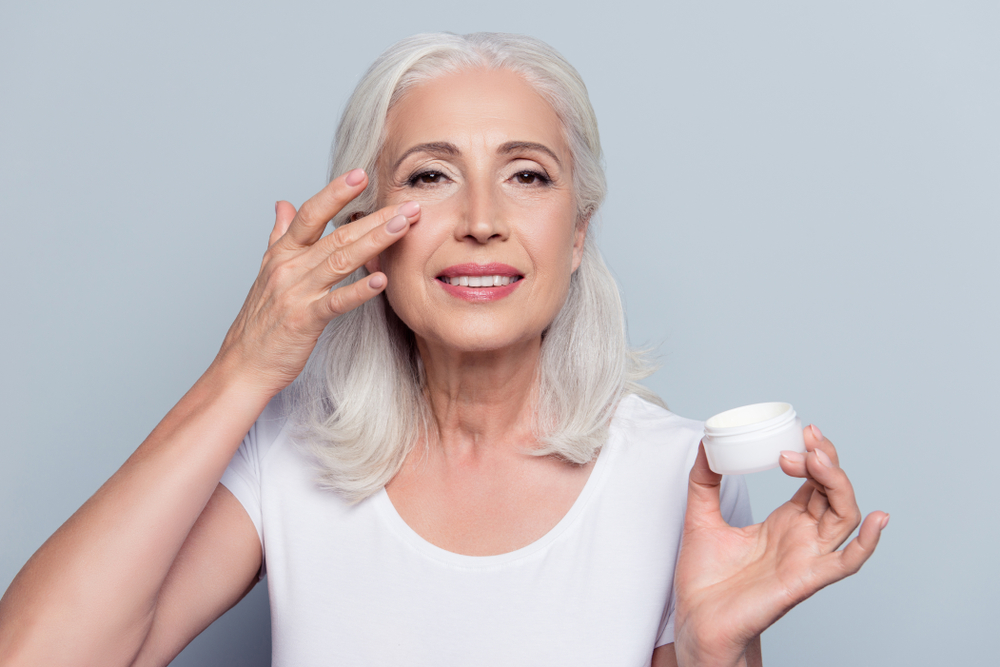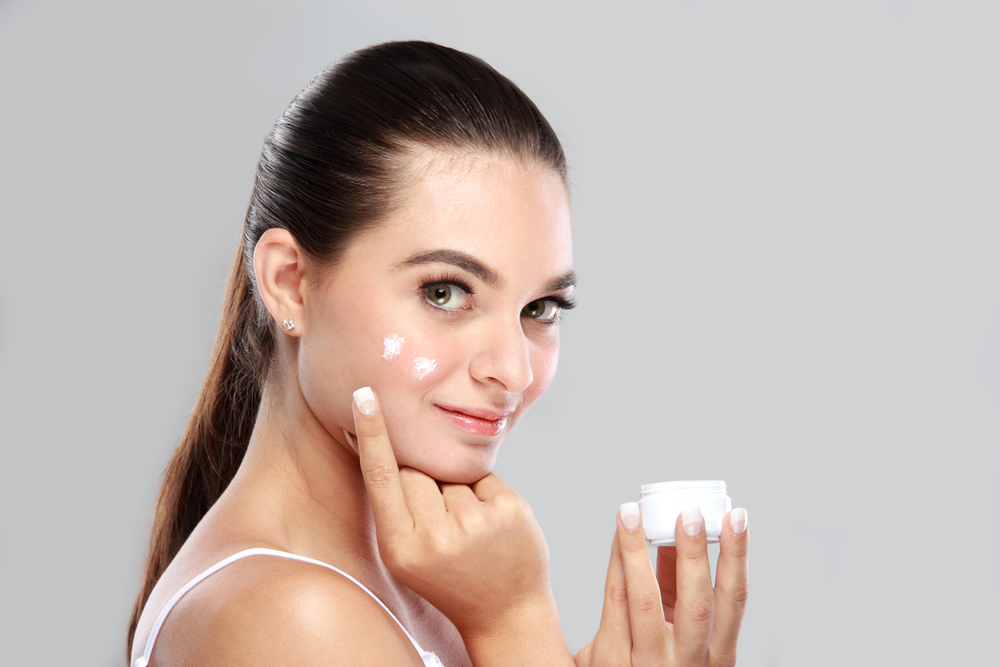Comprehensive Guide to Selecting the Most Effective Scar Treatment Creams
Discover comprehensive tips on choosing the best scar treatment creams. Learn about scar types, essential ingredients like silicone and retinol, and expert advice for effective scar reduction. Achieve smoother, clearer skin with tailored skincare solutions that promote healing and boost confidence over time.

Comprehensive Guide to Selecting the Most Effective Scar Treatment Creams
Scars are common skin concerns that often go unnoticed compared to more prominent skin issues like acne or pigmentation problems. However, scars—whether resulting from injuries, surgeries, or other skin traumas—can significantly affect an individual's confidence and self-esteem. The good news is that with advancements in skincare, choosing the right scar treatment cream can effectively improve the appearance of scars over time. The critical aspect is selecting a product that is tailored to your specific type of scar, skin type, and age to ensure optimal results. This detailed guide aims to help you understand what factors to consider when choosing the ideal scar treatment cream, the different types of scars, and how various ingredients can promote skin regeneration and scar fading.
Understanding the Formation and Nature of Scars
Scars form as a natural part of the skin’s healing process after an injury or damage to the dermis, which is the skin’s second layer. This process occurs whenever the skin experiences trauma, such as cuts, burns, surgical incisions, or even prolonged skin picking habits. During healing, the body produces fibroblasts—cells that synthesize collagen fibers—to rebuild damaged tissue. Normally, this process results in a smooth, uniform skin surface. However, in some cases, collagen deposits are uneven, leading to raised scars (hypertrophic or keloid scars) or depressed scars (atrophic scars like acne scars). The body continually strives to normalize the skin’s appearance, but sometimes the scar tissue remains prominent. Targeted treatments like scar creams can accelerate this normalization process, helping to reduce the visibility of scars and restore skin’s smoothness.
Key Factors Influencing the Choice of Scar Treatment Products
Type and Age of the Scar: Fresh scars are more receptive to certain treatments, especially those with silicone or healing accelerators. Older scars, particularly those that are matured, may require more intensive ingredients like retinoids or chemical agents to stimulate cellular turnover.
Scar Location and Skin Tone: The scar's location on the body impacts its visibility and the skin's response to treatment. Sensitive areas require gentle products to avoid irritation. Skin tone also plays a role; some ingredients might cause discoloration or pigmentation changes, so choose products formulated for your skin type.
Skin Type and Sensitivity: Individuals with sensitive or reactive skin should opt for hypoallergenic, fragrance-free options to prevent adverse reactions that could worsen the scar appearance.
Effective Tips for Selecting Scar Creams and Treatments
Prompt Post-Injury Care: Initiate scar treatment as early as possible after injury. Keeping the wound clean, moist, and protected accelerates healing and minimizes excessive scarring. Silicone gels or sheets are particularly effective if used during the initial healing phase.
Use of Active Ingredients: Incorporate products with proven ingredients such as silicone, which is considered the gold standard for scar management. Rosehip oil is known for its regenerative properties, while retinol promotes collagen production and skin renewal. Other helpful ingredients include onion extract, Centella Asiatica, and vitamin E, all of which can support scar fading.
Seeking Professional Advice: For stubborn or severe scars, consult a dermatologist. They may recommend advanced treatments such as microdermabrasion, chemical peels, laser therapy, or corticosteroid injections. Prescription creams containing antibiotics or steroids might also be suitable in some cases.
In conclusion, selecting the best scar treatment cream involves understanding the unique nature of your scar, your skin type, and how different ingredients work. Consistent application, patience, and professional guidance are key to achieving optimal results. Remember, while no scar treatment can completely erase scars overnight, proper care and the right products can significantly improve their appearance, making your skin look smoother, healthier, and more even-toned over time. Tailoring your approach based on professional advice and scientific evidence ensures you choose the most effective method for your skin’s healing journey.





